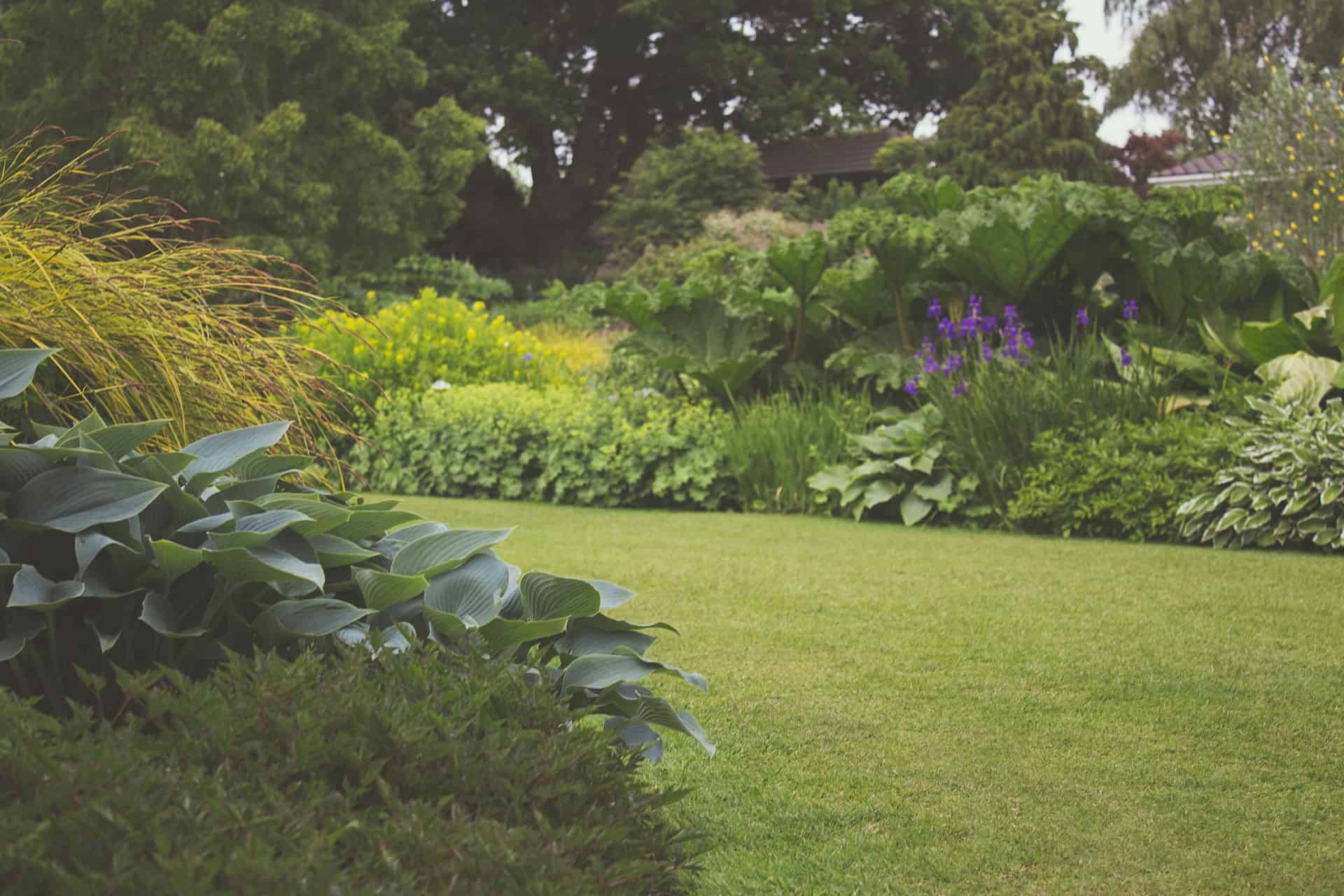 Bulbs such as daffodils, tulips, snowdrops, crocus, lilies and gladioli make some of the most attractive plants in the garden – and they generally don't require a great deal of maintenance.
Bulbs such as daffodils, tulips, snowdrops, crocus, lilies and gladioli make some of the most attractive plants in the garden – and they generally don't require a great deal of maintenance.
Here are a few pointers to make sure you get the most out of your plants.
Watering and feeding
Regular watering is important, of course, and should be carried out while they are growing and for six weeks after flowering.
The Royal Horticultural Society recommends using a general-purpose fertiliser, which should be applied to borders in late February to encourage bulbs to flower well in the following season.
If you are growing them in containers, a liquid high-potassium feed, such as tomato fertiliser, could be used from early spring until six weeks after flowering.
Maintenance
You should wait for a minimum of six weeks after the end of flowering before you remove dead foliage and only do so when it is yellow and straw-like.
Lifting and storing bulbs
Most bulbs that are naturalised can be left where they are during the dormant season, particularly if they have been planted around bushes and trees.
However, you can lift and store bulbs where it is practical to do so. Once the foliage has died down, carefully lift and clean the bulbs, trimming back roots and the outer layers of loose, flaking tunic.
Lay your bulbs out on a tray to dry before storing so they do not rot. Keep healthy bulbs of a good size and discard any that are damaged or diseased. They should then be placed in labelled paper bags or nets and stored in a dry, cool place.
Problems
Bulbs tend to be relatively trouble-free. Before storing, you should discard damaged or diseased bulbs. Yellow, mottled foliage is usually a sign of infection, so you should get rid of any affected by this.
Some bulbs can become invasive and it is advisable to remove those that have spread too far during the spring.
Aphids, slugs, snails, narcissus basal rot, narcissus bulb fly, tulip fire, and tulip viruses can also affect bulbs.




